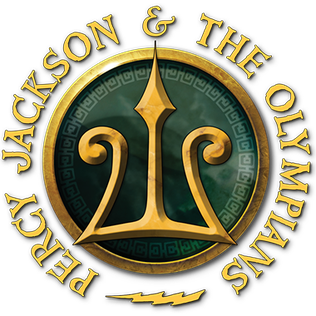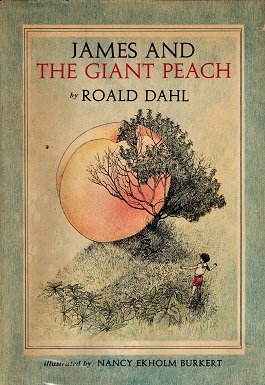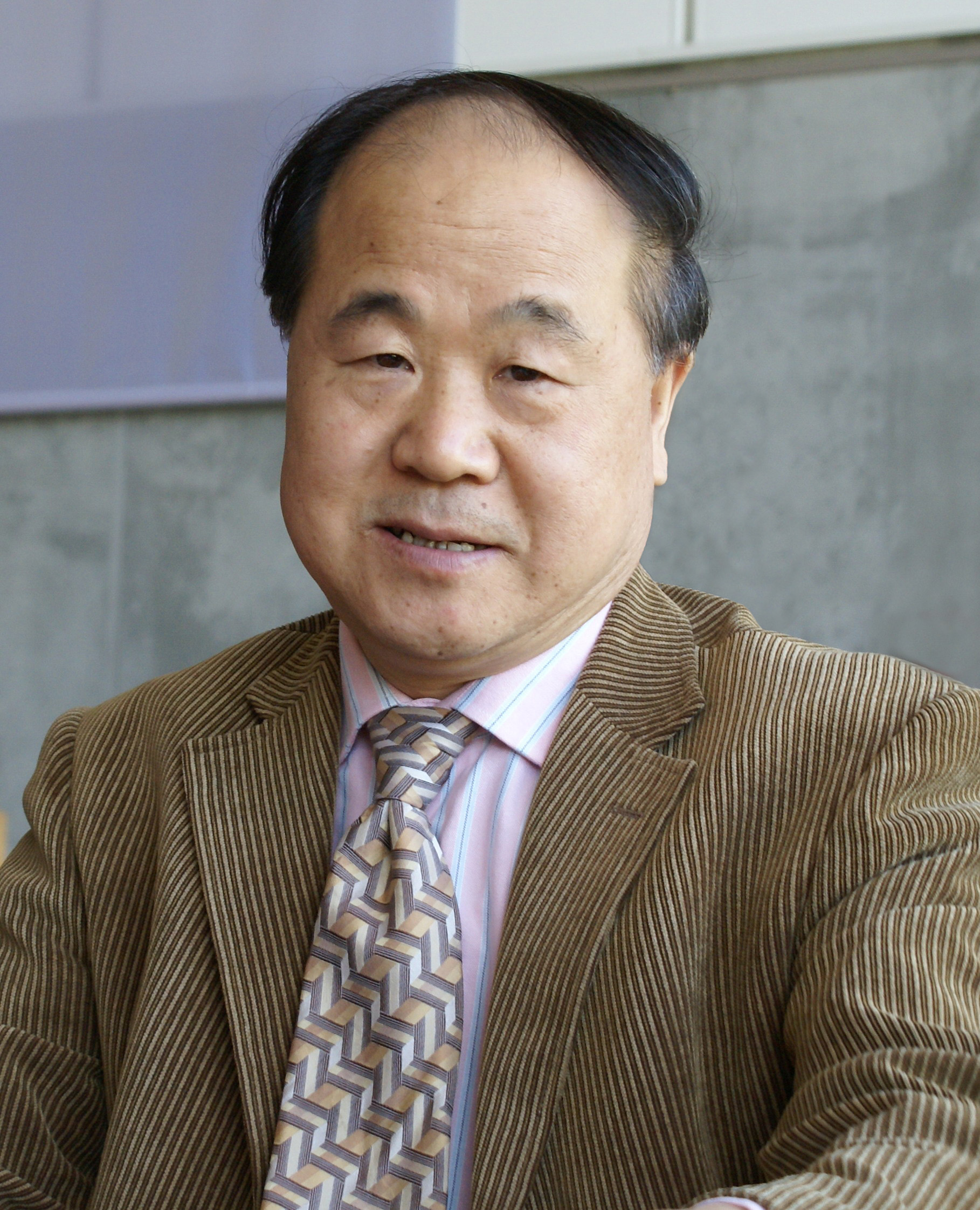Brave New World
Explore the detailed timeline of Aldous Huxley's dystopian novel, Brave New World. Discover the key events and developments in the World State, spanning from the creation of the society to the story's climax and conclusion. Understand the significant societal and technological milestones that shape this futuristic world.
Publication of Brave New World
Brave New World, a dystopian novel by English author Aldous Huxley, was published in 1932, depicting a futuristic World State, a society characterized by advanced technological developments, caste systems, and controlled reproductive methods. The novel explores themes of individuality versus state control, the loss of personal agency, and the impact of technology on society. Upon its release, the book generated significant discourse regarding its social and political implications, remaining relevant as a critical examination of utopian aspirations gone awry.
Brave New World Revisited published
In 1946, Aldous Huxley published Brave New World Revisited, a set of essays analyzing how the world in the years following World War II compared to the dystopian future depicted in his earlier novel. Huxley expressed concern about the potential for overpopulation, the misuse of technology, and governmental overreach. He reflected on how his predictions could be closer to reality, highlighting the social and political trends potentially leading toward authoritarianism akin to Brave New World's World State.
BBC Television movie adaptation released
A television movie adaptation of Brave New World was released by BBC Television in 1980. Directed by Burt Brinckerhoff, this adaptation attempted to bring Huxley's dystopian vision to the screen. Although it made efforts to be faithful to the source material, it faced criticism for not fully capturing the novel's deeper philosophical themes. It featured performances that sought to interpret key characters like Bernard Marx and Lenina Crowne while preserving the novel's central narrative.
Miniseries adaptation aired on NBC
A miniseries adaptation of Brave New World aired on NBC in 1998. This production, which starred Peter Gallagher and Leonard Nimoy, aimed to modernize the story for a contemporary audience. The adaptation expanded on some elements from the novel, including the significance of soma and state control mechanisms. While it received mixed reviews, the miniseries revived interest in Huxley's work by offering a visual interpretation of the book's cautionary tale about a technologically dominated society.
Brave New World's influence on popular culture
By 2003, Brave New World had cemented its impact on popular culture, influencing a wide array of media, including television, film, literature, and music. The novel's themes of a technologically controlled dystopia and dehumanization resonated with creators exploring similar topics. These cultural references included Radiohead's album "Kid A," which draws on dystopian themes reminiscent of Huxley's narrative. The book's exploration of power dynamics and individual freedom remains a touchstone for understanding 20th and 21st-century cultural landscapes.
The 75th Anniversary of Brave New World
In 2013, the 75th anniversary of the publication of Brave New World was commemorated, highlighting its status as a seminal piece of dystopian literature. This milestone prompted reflections on Huxley's predictions and their resonance in contemporary society, examining issues such as consumerism, technological control, and individual agency. Scholars and critics engaged in debates over its continued relevance and impact, reaffirming its role in dialogues about the possible futures that lie ahead.
Brave New World enters public domain in Canada
On January 1, 2015, Brave New World entered the public domain in Canada, becoming freely accessible to the public and allowing readers and educators to use the text without restrictions. This change opened up opportunities for new adaptations and interpretations of Huxley's work, encouraging its integration into educational curricula and cultural discussions. The public domain status underscored the novel's enduring significance and made it more widely available to a new generation of readers.
Peacock's Brave New World television series premiere
On July 15, 2020, Peacock launched a new television series adaptation of Brave New World, starring Alden Ehrenreich, Jessica Brown Findlay, and Harry Lloyd. Developed by David Wiener, this series reimagined Huxley's dystopia through a modern lens, exploring themes of technology, class division, and freedom. The series received mixed reviews, praised for its visual daring and performances while critiqued for not fully capturing the novel's philosophical depth. Despite this, it renewed interest in Huxley's vision and invited comparison with contemporary societal trends.
Frequently asked questions about Brave New World
Discover commonly asked questions regarding Brave New World. If there are any questions we may have overlooked, please let us know.
What themes are explored in Brave New World?
What is the setting of Brave New World?
Who are the main characters in Brave New World?
How does the society in Brave New World control its population?
Related timelines
More timelines connected to Brave New World







